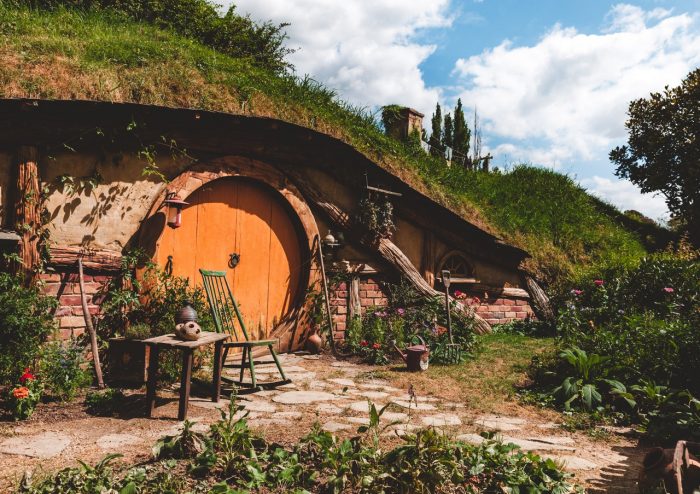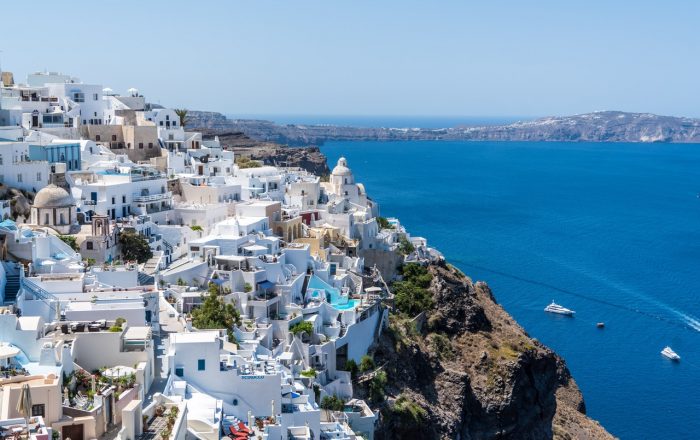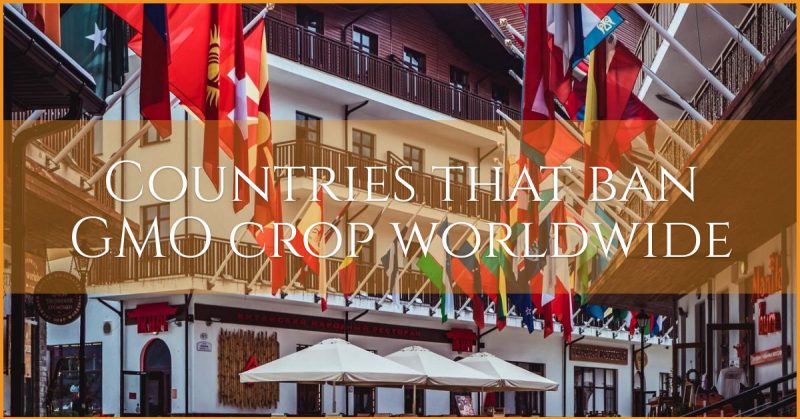As the debate over the safety GMO food gets heated at the global stage, countries are divided over this matter. Some have approved the production and sale of GMO, while others have banned it. Countries such as Canada, China and the US have allowed the production of GMO food. However, many countries have banned the growing of genetically modified food for human consumption.
Here are some of the countries that have banned GMO crops worldwide:
Australia
Australia has banned the cultivation of most of the GMO crops. The only genetically modified crops that have been approved for cultivation is canola and cotton. Australia does not allow the growth of genetically modified foods such as fresh vegetables. However, the country has not burned the importation of some GMO foods. However, imported GM-food are properly labelled. But if you are buying food from the farmers’ market, then you are not at risk of being exposed to GM foods.
Japan
Japan government restricted the cultivation of the genetically modified crop in the country. So there are no GM seeds that are allowed into the country for cultivations. However, the country is importing large quantities of canola from Canada, which is one of the world’s largest producer of GM foods. Therefore, even if the country is not cultivating GMO foods, there are high chances that the population is being exposed to genetically modified food such as additives.
New Zealand
New Zealand has banned the cultivation of genetically modified food. However, they have allowed the importation of GM food. But the country has put strict regulation on the importation, development and testing GMO Foods. Currently, there is no fresh produce or meat sold in New Zealand that is genetically modified. For the importation, all the GM foods must be approved and labelled on the packaging. So you are guaranteed to get GMO-free food in New Zealand as they are they properly labelled.

Germany
Germany is one of the major opponents of GM food in Europe. The country discourages the cultivation of GMO crops. In fact, the country imposes strict liability for accidental contamination with genetically modified food. Germany’s regulation on GMO crops is with the stringent EU legislation. So if you are going to Germany, you are guaranteed to get GM-free in their stores according to the European Union regulation. However, they recently allowed genetically modified potato.
France
France is another country that has put strict regulation on the cultivation and sale of GMO foods. As a member state of the European Union, the country has its regulation in the broader framework of European regulation. However, the country has strict internal restrictions that control the production and sale of certain GM food.
Switzerland
Switzerland first banned genetically banned food back in 2005. Being a non-EU country, Switzerland has been able to regulate the production of GMO crops. Over the years, the country has been extending the ban due to the issue of safety of this food. In 2016, the Swiss cabinet improved the extension of the GMO food from 2017 to 2021. The only thing that the government allows the crop field trials on a case-by-case basis. However, this is done under very strict conditions.
Hungary
Hungary has a GMO-free policy based on the scientifically proven side effects of these foods. The country has enacted regulations that prohibit the cultivation of genetically modified crops as well as the sale of GMO foods in the country. The regulation ensures a GMO-free food chain. Hungary is indeed one of the countries where you don’t have to worry about eating genetically modified food.
Greece

In 2004, most of the prefectures in the country had declared their areas a GMO-free zone. In 2014, more than 27,000 citizens signed the popular Greenpeace Petition against the nationalisation of the GMO cultivation. In fact, recent studies have shown that more than 93% of the Greeks do not want cultivation or sale of genetically modified food in the country. The country also observes restriction against GM-maize as most of the EU members.
The safety of genetically modified organisms is the major reason why countries have banned this food. Although some countries have a partial ban, GM food production and sale is controlled by strict regulations. So, if you are planning to visit any of the listed countries, you will be safe from GMO foods.
